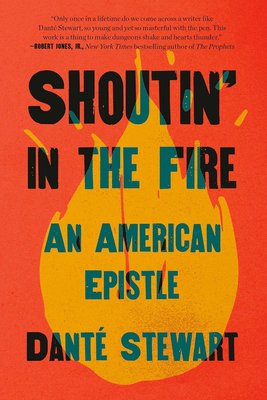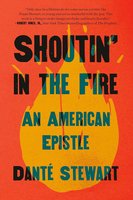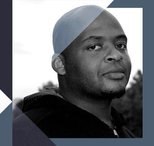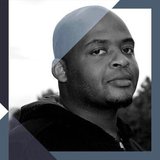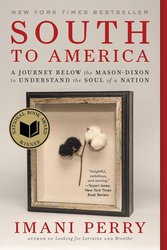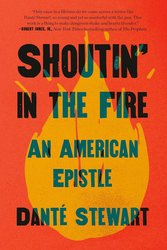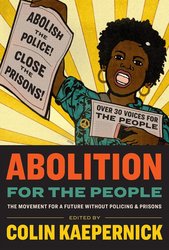A stirring meditation of being Black and learning to love in a loveless, anti-Black world “Only once in a lifetime do we come across a writer like Danté Stewart, so young and yet so masterful with the pen. This work is a thing to make dungeons shake and hearts thunder.”—Robert Jones, Jr., New York Times bestselling author of The Prophets In Shoutin’ in the Fire, Danté Stewart gives breathtaking language to his reckoning with the legacy of white supremacy—both the kind that hangs over our country and the kind that is internalized on a molecular level. Stewart uses his personal experiences as a vehicle to reclaim and reimagine spiritual virtues like rage, resilience, and remembrance—and explores how these virtues might function as a work of love against an unjust, unloving world. In 2016, Stewart was a rising leader at the predominantly white evangelical church he and his family were attending in Augusta, Georgia. Like many young church leaders, Stewart was thrilled at the prospect of growing his voice and influence within the community, and he was excited to break barriers as the church’s first Black preacher. But when Donald Trump began his campaign, so began the unearthing. Stewart started overhearing talk in the pews—comments ranging from microaggressions to outright hostility toward Black Americans. As this violence began to reveal itself en masse, Stewart quickly found himself isolated amid a people unraveled; this community of faith became the place where he and his family now found themselves most alone. This set Stewart on a journey—first out of the white church and then into a liberating pursuit of faith—by looking to the wisdom of the saints that have come before, including James H. Cone, James Baldwin, and Toni Morrison, and by heeding the paradoxical humility of Jesus himself. This sharply observed journey is an intimate meditation on coming of age in a time of terror. Stewart reveals the profound faith he discovered even after experiencing the violence of the American church: a faith that loves Blackness; speaks truth to pain and trauma; and pursues a truer, realer kind of love than the kind we’re taught, a love that sets us free.
